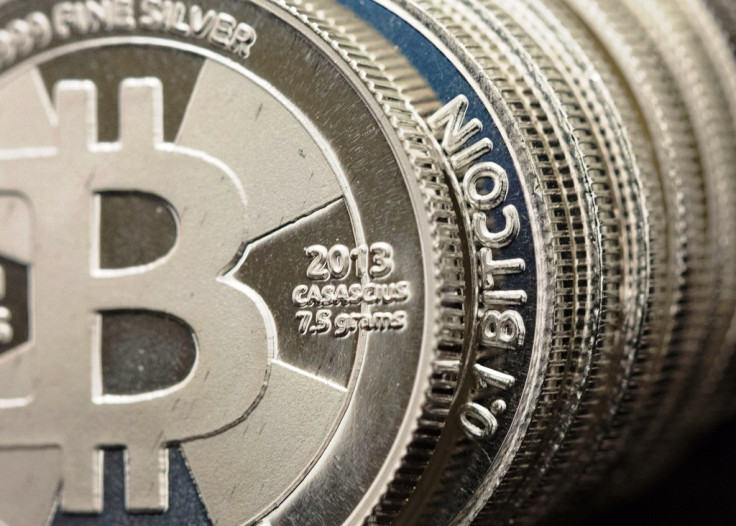Greeks buy more bitcoins fearing Grexit and conversion into devalued drachmas

Greeks are increasingly converting their euros into digital currency bitcoin due to fears that their money might be devalued into drachma following a referendum to decide the future of the country.
Various media reports said that Greek interest in the cryptocurrency increased, after the country imposed capital controls, limiting cash withdrawals to €60 (£43, $67) a day.
New customers depositing at least €50 with BTCGreece, the only Greece-based bitcoin exchange, rose by 400% between May and June, Reuters reported, citing the exchange's founder Thanos Marinos. The average deposit in the exchange quadrupled to around €700, according to Marinos.
Investing in bitcoin would allow Greeks to dodge capital controls, by transferring money out of bank accounts and even out of the country.
In an interview with CoinTelegraph, Marinos said the number of customers newly registered with the exchange increased by 600%.
"People are in shock as they never expected to have closed banks and at the same time risking being out of eurozone and euro currency soon," he said.
"I believe in bitcoin as a currency and as the biggest technological innovation of our days. It's important to note that the Greek government is already working on blockchain solutions and there are people on the ground trying to introduce blockchain solution projects to the Greek economy," he added.
It is feared that a "No" vote in the referendum would cause Greece's exit from the 19-bloc eurozone. If that happens, the Greeks will have to convert all their deposits in banks into a greatly devalued national currency.
Digital currencies such as bitcoin are not regulated as other fiat currencies and are transferred over a peer-to-peer network without the help of intermediaries. Therefore, people may easily invest in bitcoin without any restrictions.
© Copyright IBTimes 2025. All rights reserved.






















